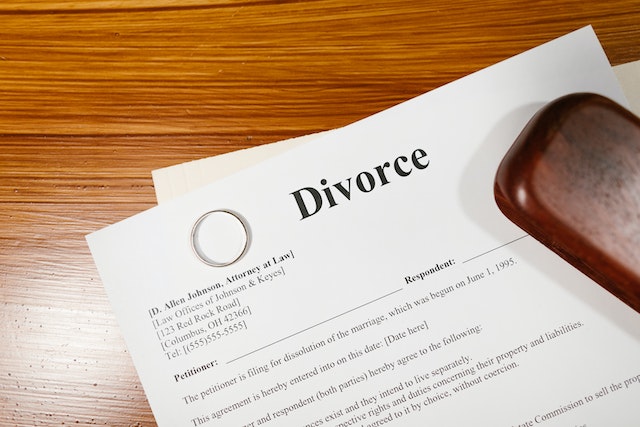In the United States, divorce laws are generally governed at the state level, meaning that each state has its own unique requirements and regulations when it comes to filing for divorce. This can be confusing, and some individuals may wonder whether they can file for divorce in one state if they were originally married in a different one. If you want to get divorced in Iowa but aren’t sure whether you can based on the state you got married in, continue reading and speak with a knowledgeable Dallas County divorce lawyer for more information.
Can I File for Divorce in IA if I Got Married in a Different State?
Yes, if you got married in a different state, you can still file for divorce in Iowa. The fact that you got married in a different place does not affect your ability to file for divorce in Iowa, given that you meet certain requirements.
Most marriages that take place in the United States are valid in every state, so a divorce can take place anywhere. However, it is important to note that there are exceptions. For example, marriages between first cousins are legal in some states but prohibited in Iowa. You cannot get divorced in Iowa if you are married to your cousin because the marriage is considered void in the state. However, you may instead be able to file for an annulment on the grounds of incest.
How Can I File for Divorce in Iowa?
Many states impose stringent residency requirements that dictate when a couple can file for divorce. However, Iowa’s laws are relatively lenient when it comes to residency.
If you got married in a different state but want to get divorced in Iowa, the simplest way to do so is if your spouse is a resident of the state. When you file for divorce, you become the plaintiff and your spouse the defendant. If the defendant is a resident of Iowa and was personally served the divorce papers, there is no minimum residency requirement, and you can proceed with the divorce process.
However, if this is not the case, then a residency requirement must be met. According to Iowa Code 598.5, you, as the petitioner, must have been a resident of Iowa for at least one full year directly before filing for divorce. Your residence must have been in good faith and not for the purpose of obtaining a divorce in Iowa.
Given that you meet one of the residency requirements, you can file for divorce in Iowa, regardless of the state where you got married. It is important that you are adequately represented during your divorce to ensure your legal rights and options are protected. For more information and skilled legal counsel, contact an experienced attorney at Iowa Defenders, PLLC today.

